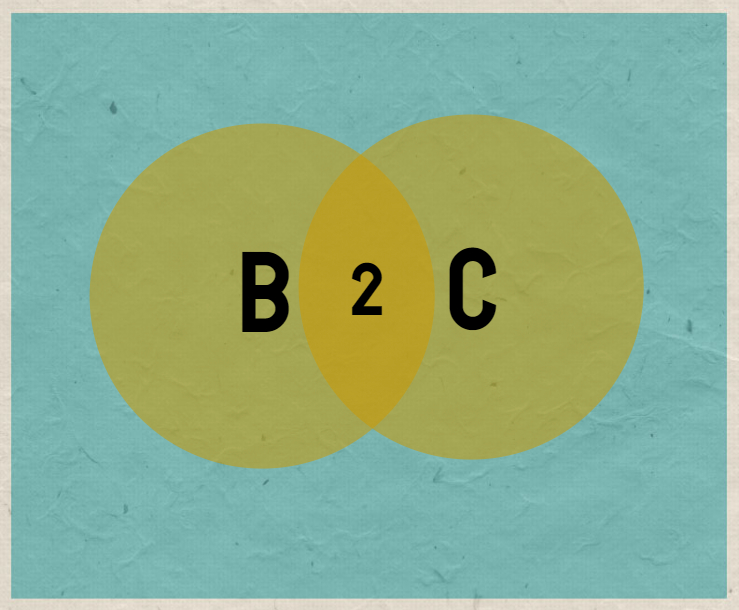
How B2C Businesses Use Mystery Shopping Programs
By: Sentry Marketing Group
May 28, 2015
A mystery shopping program provides real, unbiased, and focused insight to help managers and owners make informed decisions that influence the bottom line.
Mystery shopping is a great way for business owners to learn how their businesses are operating from the ground up. Much of what mystery shopping can reveal would be difficult, if not impossible, to discover any other way. It presents an opportunity for honest and relevant feedback and helps owners and managers pinpoint specific and actionable areas for improvement. Here are five key aspects of consumet-facing business that a mystery shopping programs helps to evaluate:
#1 Customer Service
Customer service is arguably the single most important component of any business, but especially of those that rely on the confidence and loyalty of individuals to make them a success. However, it is also one of the areas that can be most difficult to measure. Employees will always give their best in the presence of a supervisor, but how does an owner or manager know how business is being conducted when they are not around? Using a mystery shopper can help a business owner precisely gauge customer service strengths and weaknesses, without the emotional bias often reflected in feedback from reviews or customer surveys.
#2 Areas to Improve
Right next to gaining knowledge of the quality of customer service is the ability to form a clear picture of specific ways a business can improve. Gone are the days when customers stayed loyal to one business or store for decades because, well, it was the only one in town. In this day and age, businesses must continue to innovate and press the boundaries of customer service in order to compete in a global market. There are so many technological changes that allow businesses to be more engaged with customers and get live feedback. Successful businesses must take advantage of every opportunity to assess how their business is running and look for ways to make it better. Mystery shopping programs allow business owners to fill in the gaps when it comes to how customers are being served and how business is being conducted day-to-day.
#3 Business Culture
An often overlooked aspect of running a business, company culture can be one of its greatest assets. Many of the most successful companies, including huge names like Costco and Starbucks, have a focus on company culture that resonates through all employees and out to customers. Customers are willing to pay more for goods and services at businesses like this because the culture customer-centered and employees are reliably helpful and welcoming. Mystery shopping programs give business owners a great deal of insight into how well the culture they envision for their company is being realized.
#4 Product Presentation and Brand Representation
Product presentation and brand representation is vital to sales. If items are shelved incorrectly or mislabeled or if services are not performed as promoted, customers quickly become frustrated and lose trust and will choose to take their business elsewhere. A mystery shopper not only lends a fresh eye to these areas of a business, he or she also takes careful note of the degree to which company policies and programs are being complied with and carried out.
#5 Store Cleanliness and Employee Appearance
To a customer, the storefront and staff of a business are a direct representation of the quality of its goods and services. Unclean or messy displays or employees who are not dressed professionally can turn away customers before they even have to opportunity to sit down for a meal or try your products. Mystery shoppers can be the eyes on the ground to ensure that company standards in these areas are being met.
A mystery shopping program is one of the best ways to gain real, unbiased, and focused insight into how your company is running and how your customers are being served. These insights help management and ownership make better-informed decisions related to staffing, branding, policy, products and almost every other factor that influences the bottom line.